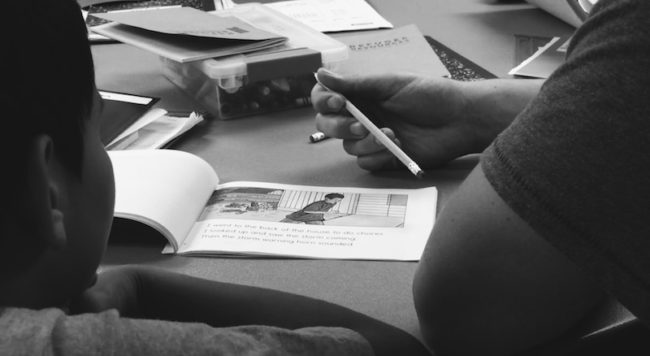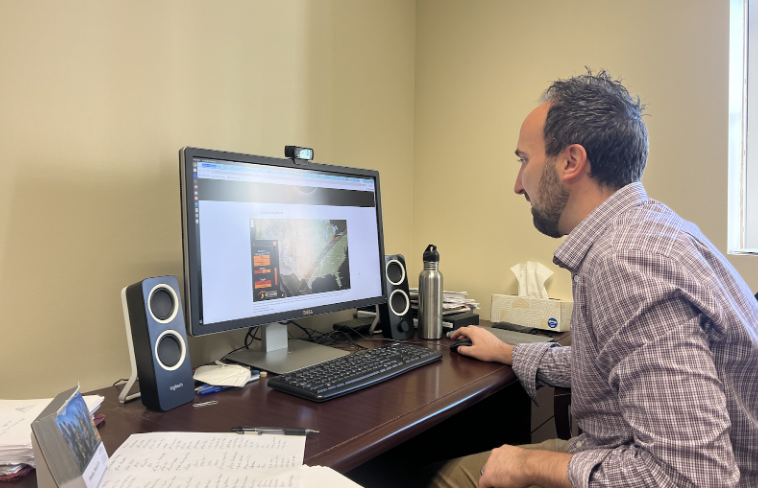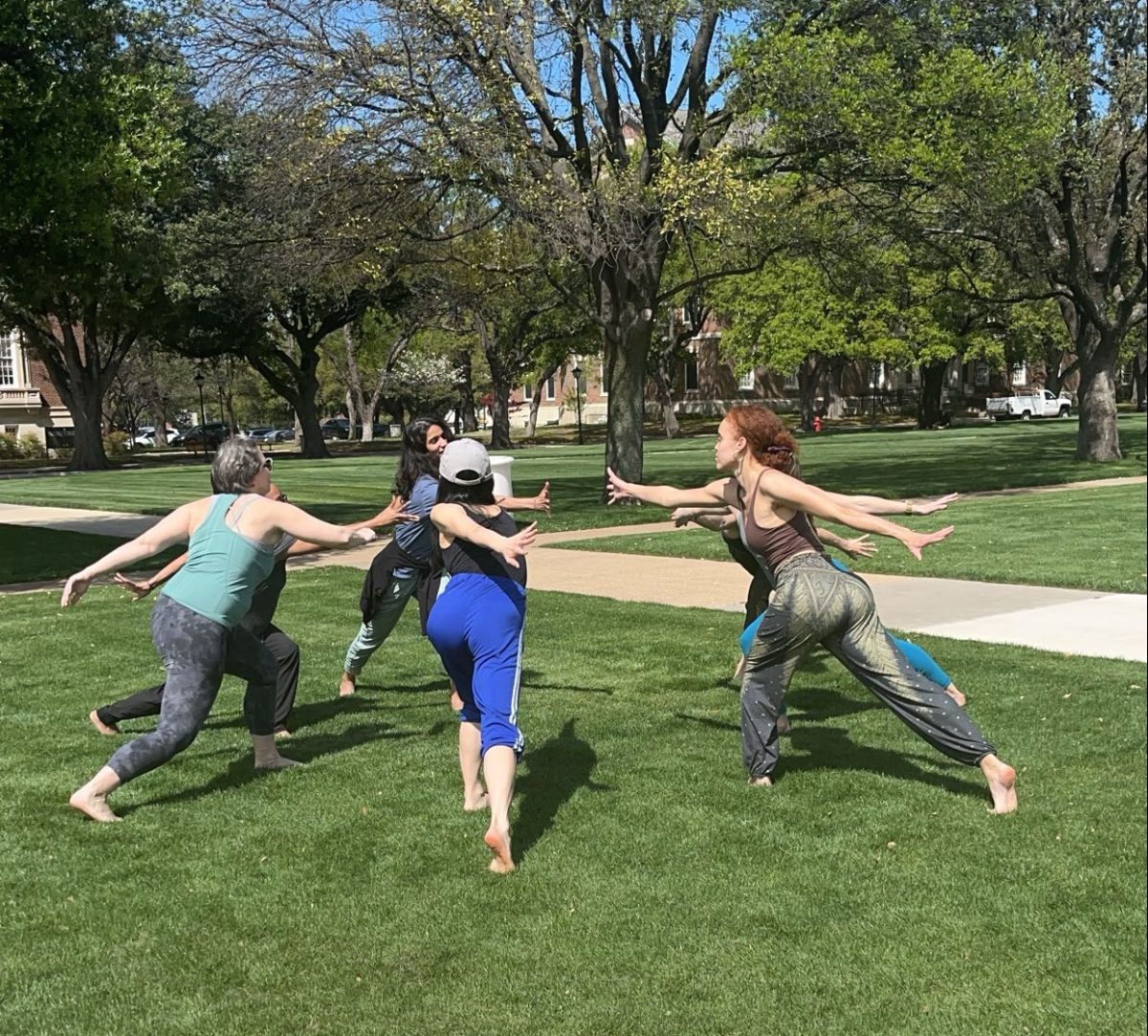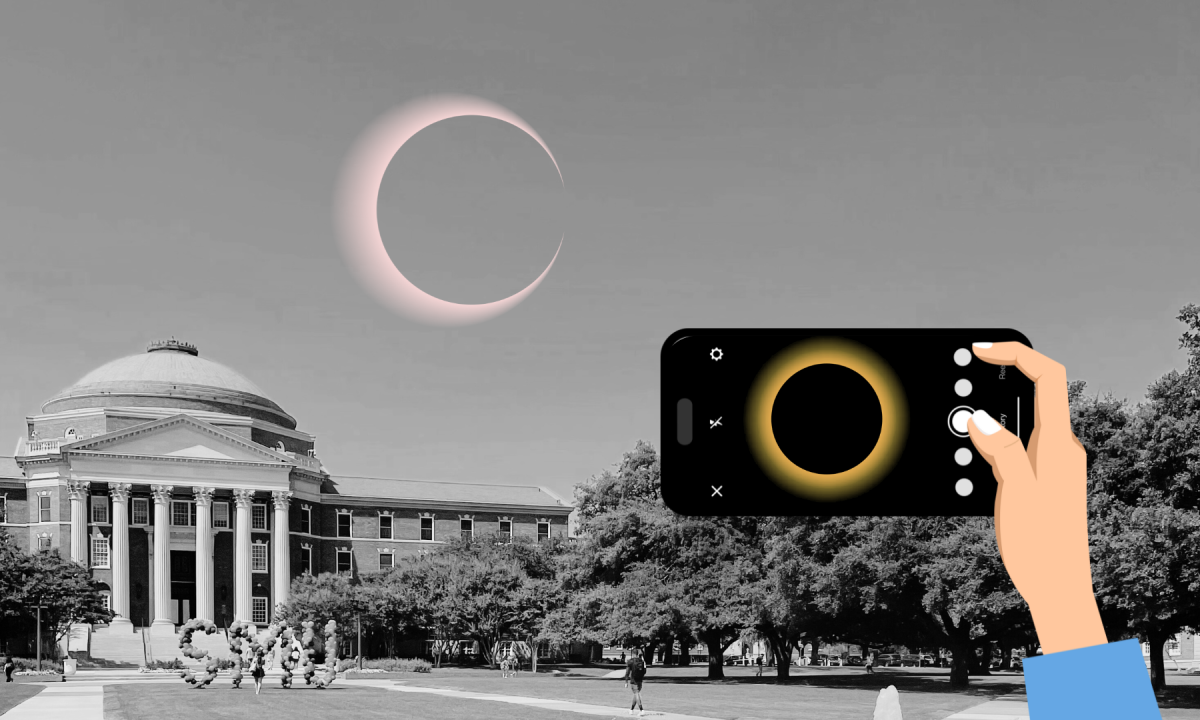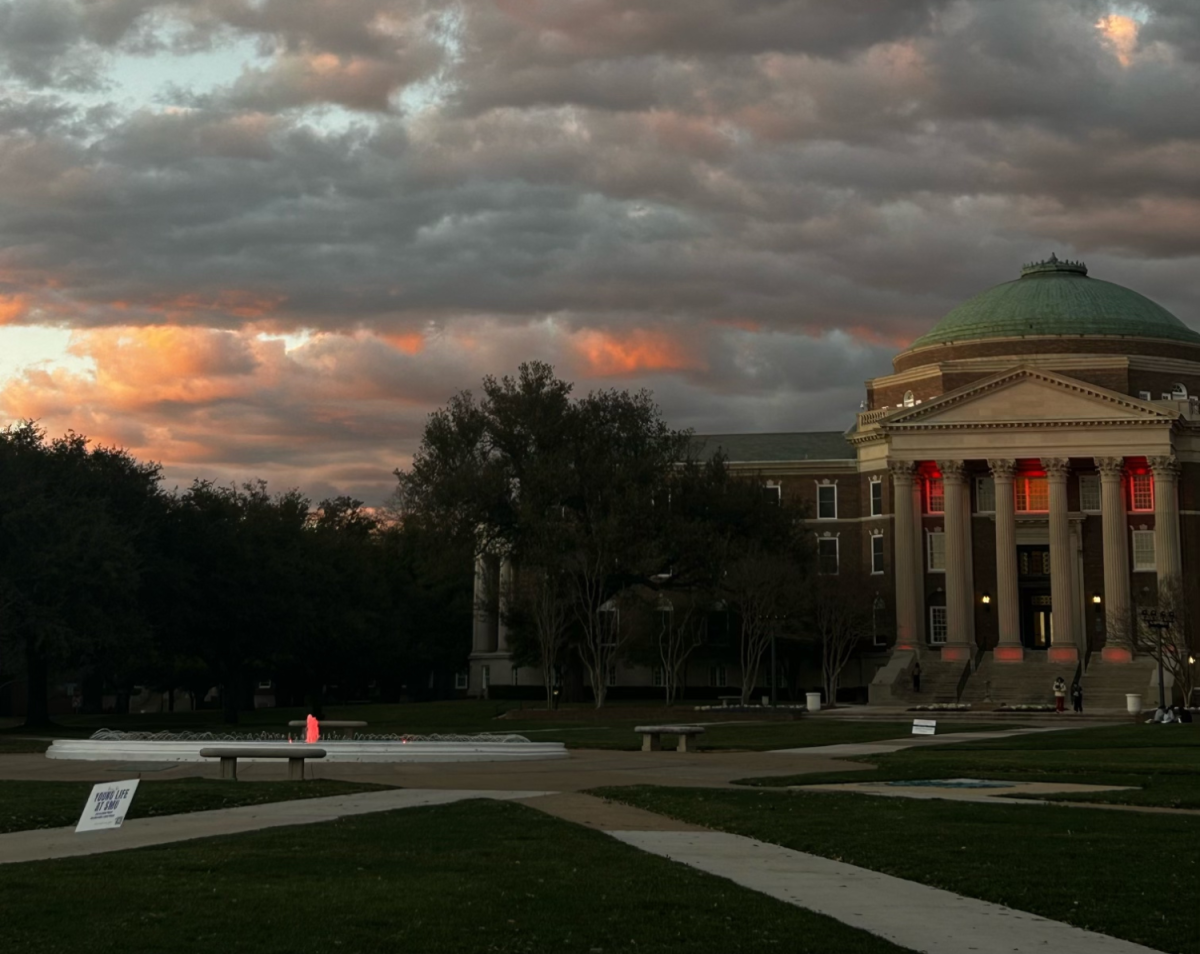After school and summer programs in the Vickery Meadows neighborhood teach refugee children one of the most important skills for life in America: literacy.
“This kind of program is really life changing for these kids,” Refugee Resources Volunteer John Pope said.
In June, the United Nations Refugee Agency reported that more than half of the 25.9 million refugees worldwide are children under the age of 18. Refugee Resources estimates that of the 40,000 people living in Vickery Meadows, 10,000 are refugees.
“They come in here, they struggle so dearly in the beginning, a lot of them,” Pope said. “To be able to push them so much faster up to that level that they need to be at, and then they get to that level, a lot of times, and they’re actually starting to become above what the standard is.”
Refugee Resources and Heart House, two after-school and summer literacy programs, work in Dallas’ Vickery Meadows neighborhood. These organizations focus on teaching both hard skills, like reading or math, and soft skills, like how to deal with social issues and emotions.
“We get to play with our friends, and our mentors help us with our fluency,” Refugee Resources student Samuel Bei Pa Hnie said.
At Refugee Resources, students are paired with a volunteer mentor that then works with them year-round to improve literacy, and mentor them as they transition to life in the United States. Many of the mentors develop friendships with the children and their families, meeting with them outside of the literacy program.
“These children have been through trauma,” Development and Marketing Director for Heart House Priscilla Yeverino said. “Some of them, 98 percent of them, are non-native English speakers. So, there is that need of knowing how to read and knowing how to speak and how to talk about what they’re going through.”
Heart House employs counselors and teachers who design literacy curriculum with refugees’ experiences in mind.
According to the Migration Policy Institute, when refugee families arrive to the U.S., speaking and reading English is often the first hurdle to the acclimation process.
“The importance of literacy, obviously it allows some empowerment,” Heart House teacher Lark Pokladnik said. “If you can read, you can do a math problem, a science problem. You can learn about history, whether that’s your own country’s history or the country that you’re living in today.”
Many of the refugee children’s parents do not read or speak English. When children become the first English speakers and readers, the families rely on their language skills to take care of the necessities of American life.
“I’m just seeing a lot of great, young leaders come through this program,” Pope said.








